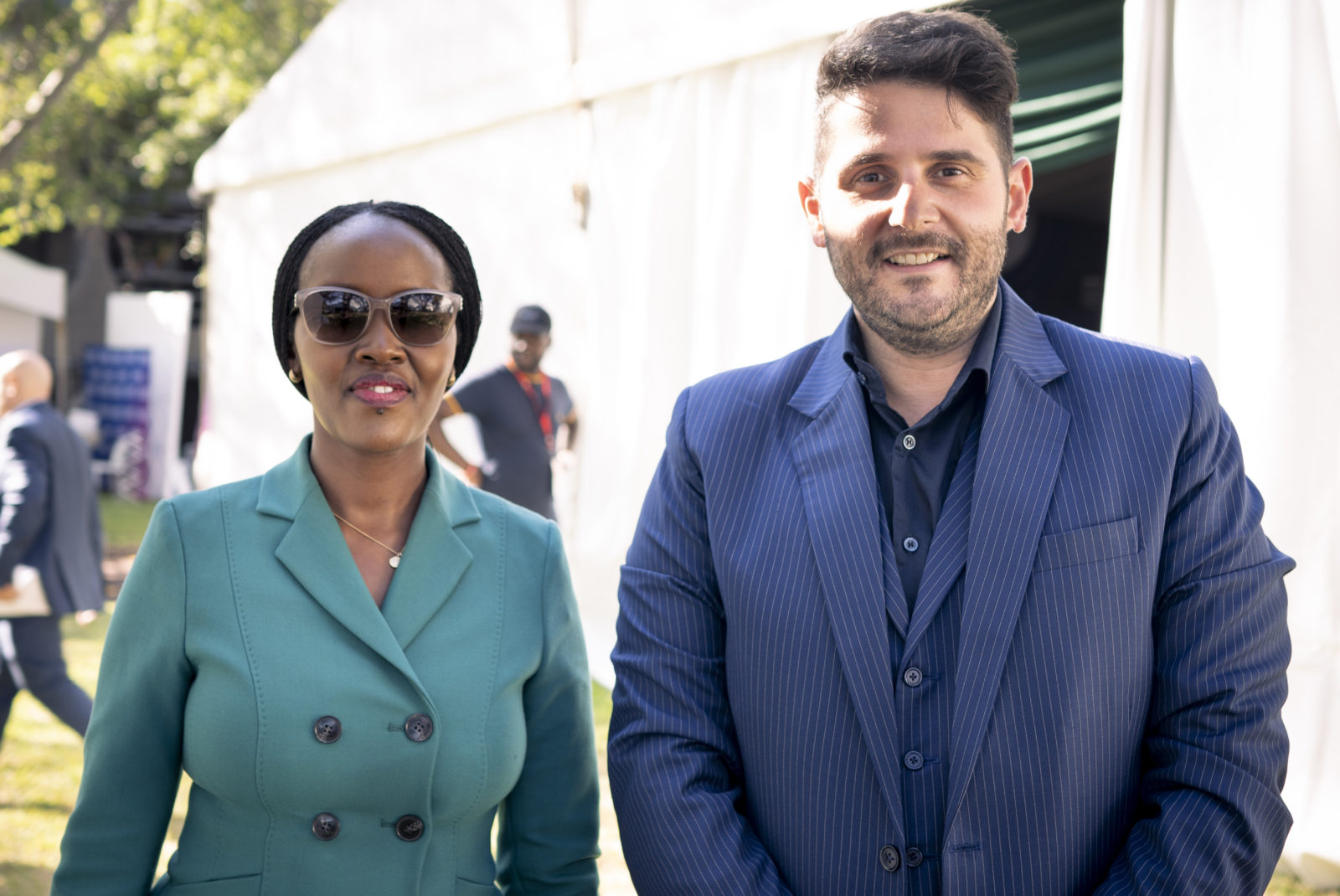Recently, the Parliament of Rwanda ratified the Smart Africa Alliance agreement. Tell us a bit more about that and the importance of this ratification.
Paula Ingabire: The Smart Africa agreement is an essential step in formalizing the Smart Africa Alliance, which was established ten years ago through a host country agreement signed by the Rwandan government. As the alliance has grown with the addition of new member states and partners, there has been a need for additional instruments like the Smart Africa agreement. This agreement serves as another process for formalizing the alliance and strengthening its impact in promoting digital transformation across the continent.
Failing to harmonize and streamline regulations can be problematic for startups and companies as they may have to navigate more than 20 types of regulations, making it difficult to scale.
Paula Ingabire, Minister of Information and communications technology and Innovation, Rwanda
At present, about five countries have ratified the Smart Africa Agreement. The aim is for all new and existing members to follow suit and ratify the agreement through their national processes, thus establishing it.
In your opinion, how can the adoption of common ICT policies and regulations help create a more integrated and inclusive digital ecosystem in Africa?
Paula Ingabire: Africa has 54 countries, each with its own set of regulations and policies, making it challenging to streamline and harmonize them. Despite this, the Continental Free Trade Area agreement has united all African countries under one market. Failing to harmonize and simplify regulations can be problematic for startups and companies as they may have to navigate more than 20 types of regulations, making it difficult to scale.
Regulatory harmonization is essential for local startups and companies, as it is a major challenge they face. Furthermore, staying current with technological advancements is necessary since emerging technologies are continuously changing. By streamlining and harmonizing regulations and policies, we can create a uniform environment for innovation and technological advancements to occur across the continent. This, in turn, facilitates an enabling environment for startups to grow and thrive.

Akim Benamara: We’ve heard about the challenges facing African countries, such as affordability and the usage gap, and the need to bridge these gaps through collaboration between the private and public sectors. Rwanda has made significant progress in this regard, particularly from a government perspective.
Isn’t it time to develop a blueprint outlining the best practices and steps for other African countries to follow to achieve similar success?
Paula Ingabire: That’s exactly why the Smart Africa Alliance exists –it serves as a vital platform for sharing blueprints and success stories, facilitating the replication of successful initiatives across the continent. There are hotspots of success in certain areas, yet silos remain, preventing widespread access to valuable knowledge. Therefore, it is crucial to create a knowledge base that allows everyone to share what has worked for them.
Instead of relying solely on bilateral exchanges, Smart Africa provides a centralized platform for everyone to access and learn from use cases in areas such as E-government and healthcare, enabling these successes to be coordinated.
Paula Ingabire, Minister of Information and communications technology and Innovation, Rwanda
Although challenges of affordability and usage gaps exist, they are not exclusive to Africa. Still, perhaps they’re more exacerbated by staggering statistics in Africa. Hence concerted efforts are required to enhance digital literacy levels, mobilize startups, and unlock affordability for devices and data.
This will allow more people to benefit and prosper in the digital economy. Instead of relying solely on bilateral exchanges, Smart Africa provides a centralized platform for everyone to access and learn from use cases in areas such as E-government and healthcare, enabling these successes to be coordinated.
Considering the goal of creating a single African digital market by 2030 and the recent efforts by two brokers to bridge the connectivity gap, do you believe this goal is achievable, given the progress we have made in recent years?
Paula Ingabire: Absolutely. It’s a very realistic goal! I think we need to focus on partnerships and collaboration to mobilize the necessary resources. We have solid plans, strategies, and roadmaps in place that will guide us towards success, but it’s crucial that we have the right technical and financial resources to reach our objectives as soon as possible. This is why there’s a huge push for cooperation and partnerships to help us mobilize the resources we need to close the gap.












